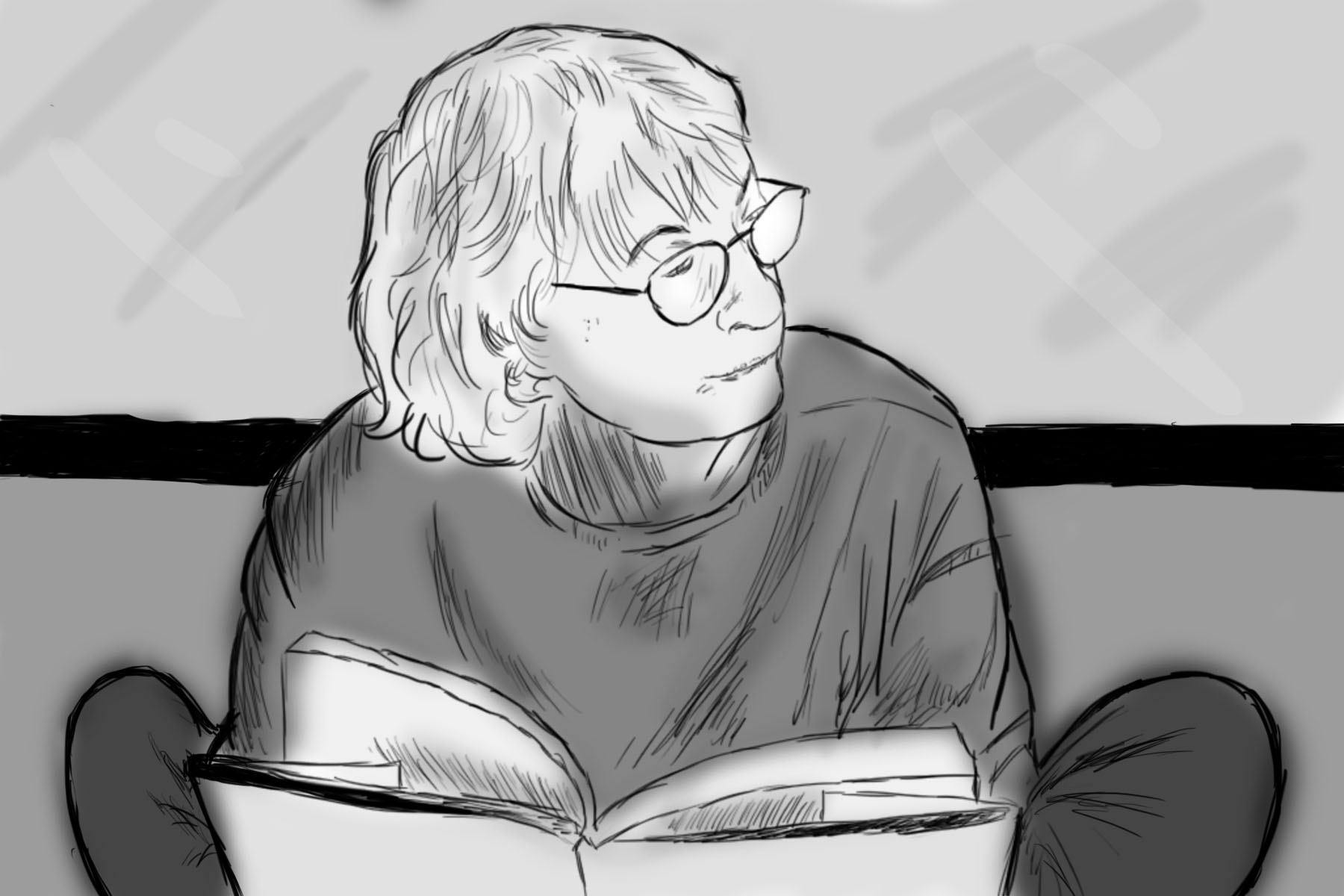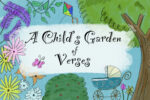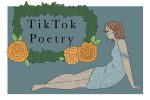In schools, poems tend to be shredded for meaning instead of savored for beauty, and this seems to have put a sour taste toward the art form in many people’s mouths. Now when many think of poetry, they think of grand, flowery proclamations of love or melancholy dramatizations of pain that, either way, seem impossible to understand and enjoy, much less relate to.
Enter poet Mary Oliver, a woman uninterested in the majestic, and instead transfixed with what many might assume too bland to be of any importance: bell peppers. Fish and beetles. A hawk.
Her style is as simple as her subjects, yet she paints a picture of nature with her words that leaves readers finding love in the curl of a snail’s shell and pain in the cry of an owl. While her masterful skill and creativity earned her a prestigious reputation, she won the hearts of her readers, as her poems allowed them to see the incredible beauty in the details around them.
Oliver was born on Sept. 10, 1935, in the small town of Maple Heights, Ohio. She spent much of her childhood outdoors, reading and taking walks. She formed a resilient connection with nature, a bond that held strong throughout her struggles with her dysfunctional family and trauma resulting from sexual abuse.
In an interview with Krista Tippett for the podcast “On Being,” Oliver claimed that the woods saved her life, that she “[found] the entire world in looking for something. But I got saved by poetry. And I got saved by the beauty of the world.”
The outdoors became a source of comfort and a safe haven, a place where she could find and listen to the wonder that nature had to offer and then, through poetry, cultivate the voice that allowed others to appreciate natural beauty.
In 1963, when Oliver was 28, she published her first book of poetry, “No Voyage and Other Poems. Twenty-one years later, in 1984, her fifth book, “American Primitive,” won the Pulitzer Prize for poetry. After that, the awards and honors began streaming in.
She was appointed poet in residence at Bucknell University in 1986 and Margaret Banister writer in residence in 1991; she won the Christopher Award and the L.L. Winship/PEN New England Award for her piece “House of Light” in 1990. Her “New and Selected Poems” won the National Book Award in 1992.
But even throughout her popularity and long career, Oliver never wavered from her one main theme: the natural world has so much to tell us, and she was only acting as a witness (and a mouthpiece) to what it was saying.
While bluntly yet gently describing what she saw, Oliver consistently interlaced a question of purpose and perspective into her work, which is meant to push the reader into deeper observation and appreciation of the world around them, as well as their relationship to it. Her simple and contemplative style of urging readers to interrogate nature in order to appreciate it and life itself permeates her poems, and is just as relevant today as it was when she was writing.
In the heart of a technological age, nature has become something to be photographed and posted for likes. It’s an uncommon practice to sit down and enjoy nature for its own sake, and in that, we have lost a piece of ourselves. We have lost the ability to ask nature for answers and listen to its response.
To this, Oliver’s voice rings louder and cuts deeper than ever, calling readers to put time and energy into observing even the most mundane of things. Her poems read like prayers, quietly asking the leaves, the wind and the birds for tidbits of truth, while nudging the reader to pursue nature with open ears and a grateful spirit.
Oliver passed away on Jan. 17 at the age of 83. Her work remains a lasting beacon of light, beckoning readers into deeper appreciation of the world we live in and life itself. Even when she would broach the subject of death in her poetry, it came from the mindset that this beautiful life is a gift to be had, and a blessing to be lived.
Oliver penned a poem titled “When Death Comes” almost 30 years before her passing, and it singlehandedly describes the outlook that Oliver carried with her throughout her life, work and to the grave: that this life we share with nature is extraordinarily beautiful, and we should be more appreciative of it.
“When death comes
like the hungry bear in autumn;
when death comes and takes all the bright coins from his purse
to buy me, and snaps the purse shut;
when death comes
like the measle-pox;
when death comes,
like an iceberg between the shoulder blades,
I want to step through the door of curiosity, wondering;
what is it going to be like, that cottage of darkness?
And therefore I look upon everything
as a brotherhood and a sisterhood,
and I look upon time as no more than an idea,
and I consider eternity as another possibility,
and I think of each life as a flower, as common
as a field daisy, and as singular,
and each name a comfortable music in the mouth,
tending, as all music does, toward silence,
and each body a lion of courage, and something
precious to the earth.
When it’s over, I want to say: all my life
I was a bride married to amazement.
I was the bridegroom, taking the world into my arms.
When it’s over, I don’t want to wonder
if I have made of my life something particular, and real.
I don’t want to find myself sighing and frightened,
or full of argument.
I don’t want to end up simply having visited this
world.”
















